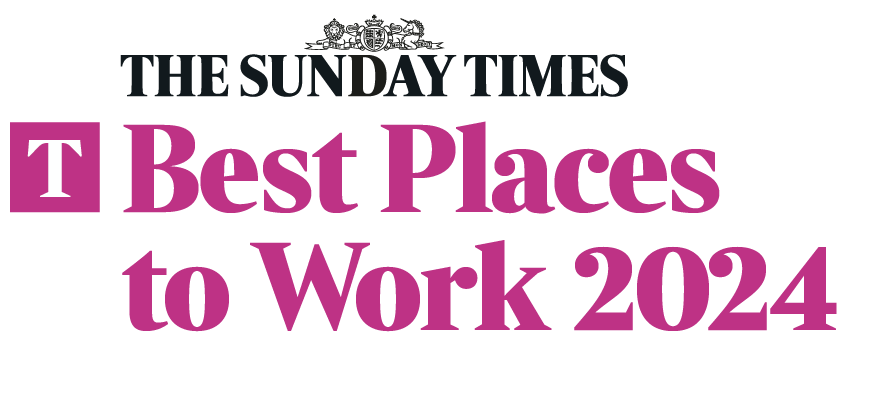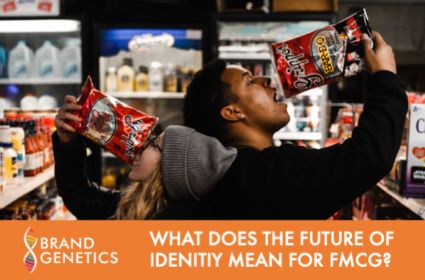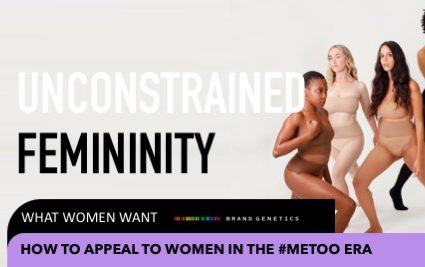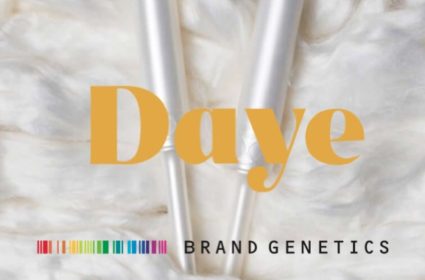How to Appeal To Women: an interview with Nellie Eden

This article is part of our series on The Future of Femininity. You can view the full series or download the report.
Download ReportJournalist Nellie Eden is a creative, feminist force to be reckoned with. Having written for British Vogue, ELLE and i-D she is currently the Associate Editor at Dazed Beauty. Nellie is also the co-founder of all-female creative agency, Babyface which she began four years ago. With clients including Nike, Glossier and The Body Shop, Nellie is a forward-thinker at the frontline of youth culture. As part of our latest insight report, she shares her thoughts on the future of femininity with us.
Q: What is femininity – what do we need to know about it?
I believe femininity is a state of mind. It is an inherent kind of maternal attitude which embodies softness and empathy. Traditionally femininity has been understood against masculinity, it is a zero sum game in which one cannot exist without the other. However, I think this is quite an outdated interpretation and as a result, young people are really challenging these binary oppositions and blurring the lines of what it means to be masculine and feminine.
Q: How is our understanding of femininity changing and how is it currently playing out in The West?
Fundamentally there is increasing acceptance of the notion that gender is a social construct, opposed to an innate personality type, which is enabling us to move away from the binary categories mentioned above. I believe the current debates around gender and gender reassignment are about moving beyond categories or labels and instead allowing people to be thought of as individuals. For this reason I believe our understanding of femininity is increasingly fluid.
At the moment, the brands who are doing this best are stretching the idea of what it means to be feminine. Mac Cosmetics for example has always celebrated the idea of the Drag King, Milk Make-Up is for as many boys as it is girls, Bumble shows a more traditional but empowered kind of femininity.
Interesting there is a great reluctance from brands to depict women in a hyperfeminine guise, post #MeToo, so I am interested to see how this will play out.
Q: What are the shifts driving this change?
Undoubtedly, fourth wave feminism, catalysed by social media sites like Instagram and Tumblr, have opened up conversations enabling young people to speak about issues they previously couldn’t. We see this with the rise of body positivity and increaseing awareness around self-harm. These shifts have been leveraged by democratic platforms as their main form of communication, which means this change is grassroots, happening from the ground up. This distinct shift from previous generations means that today, purchasing power is different. Brands must tread carefully; mistakes will result in loss of followers which will directly impact them.
Q: Finally, what will the future of femininity look like?
I think there are lots of forces at play challenging the future of femininity. I think we will increasingly see emphasis placed on the individual, which will be helped by Artificial Intelligence (AI) and personalisation. In the future no one customer will look the same or be treated the same. AI will also enable increasing globalisation which I think will change the way we understand beauty ideals and the feminine look. The CGI influencer Lil Miquela, for example, represents a very modern kind of femininity.
On the whole, I think brands are behind and there is a lot of innovation that needs to happen. Foundation is the perfect example of this. It is only very recently make-up brands have started to broaden their range of foundation shades. Our media output is very far from representing anything that is true to real life but finally brands are starting to recognise this and enact change.




